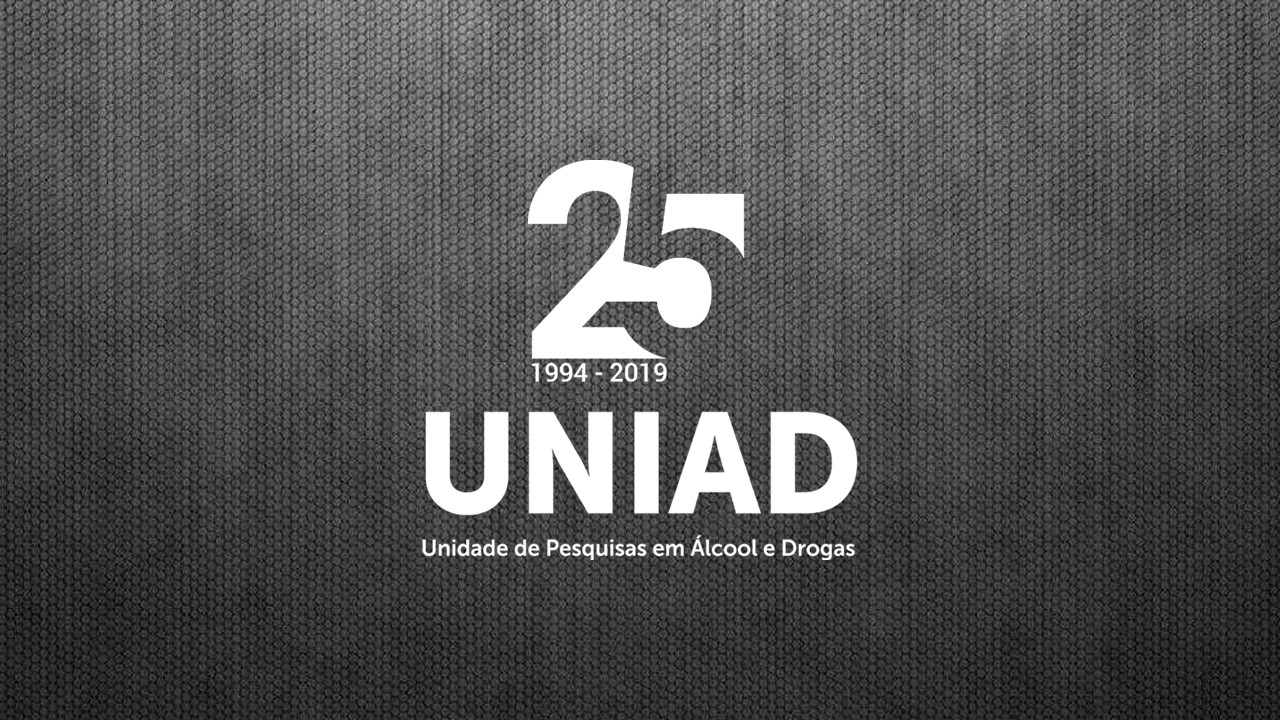Essays on alcohol-related harm and interventions. An Effectiveness Bank bulletin
8 de dezembro de 20207min69

| Essays on alcohol-related harm and interventions | |
| The Effectiveness Bank features a collection of 45 hot topics – essays written by Drug and Alcohol Findings explaining the background and evidence relating to topics which sometimes prompt heated debate. They are a popular way to get up to speed on the issues which matter in drug and alcohol policy and practice in Britain, and often too internationally.
See five hot topics about alcohol-related harm and alcohol interventions below. |
|
|
|
|
| At a national level, alcohol-related harm and especially the net cost of harm versus benefits are slippery concepts. Malleability and policy salience combine to make the estimates contested territory. | |
| 2. Should dependent drinkers always try for abstinence? | |
| For decades no issue has been hotter than whether dependent drinkers should always be advised to aim for abstinence rather than controlled drinking. We detail the fascinating background to this question faced on entering treatment by every drinker and their counsellor. | |
| 3. Controlling alcohol-related crime and disorder | |
| Within UK substance use policy alcohol-related violence and disorder has for decades been a high profile concern. For governments mindful of a drinking electorate, the conundrum is how to curb the fallout from drinking without being branded as a ‘nanny-state killjoy’. | |
| 4. ‘My GP says I drink too much’: screening and brief intervention | |
| In the absence of more or less inescapable impediments to heavy drinking like ramping up the price of cheap alcohol, widespread screening and brief advice have been the great hope for alcohol-related public health improvements. Patchy effectiveness and poor implementation have led that ambition to be questioned. | |
| 5. How many drinkers should be in treatment? | |
| What proportion of England’s problem drinkers might be in treatment and how far does that fall short of the number who should be? The proportion varies to a surprising degree depending on assumptions about who needs treatment. |

